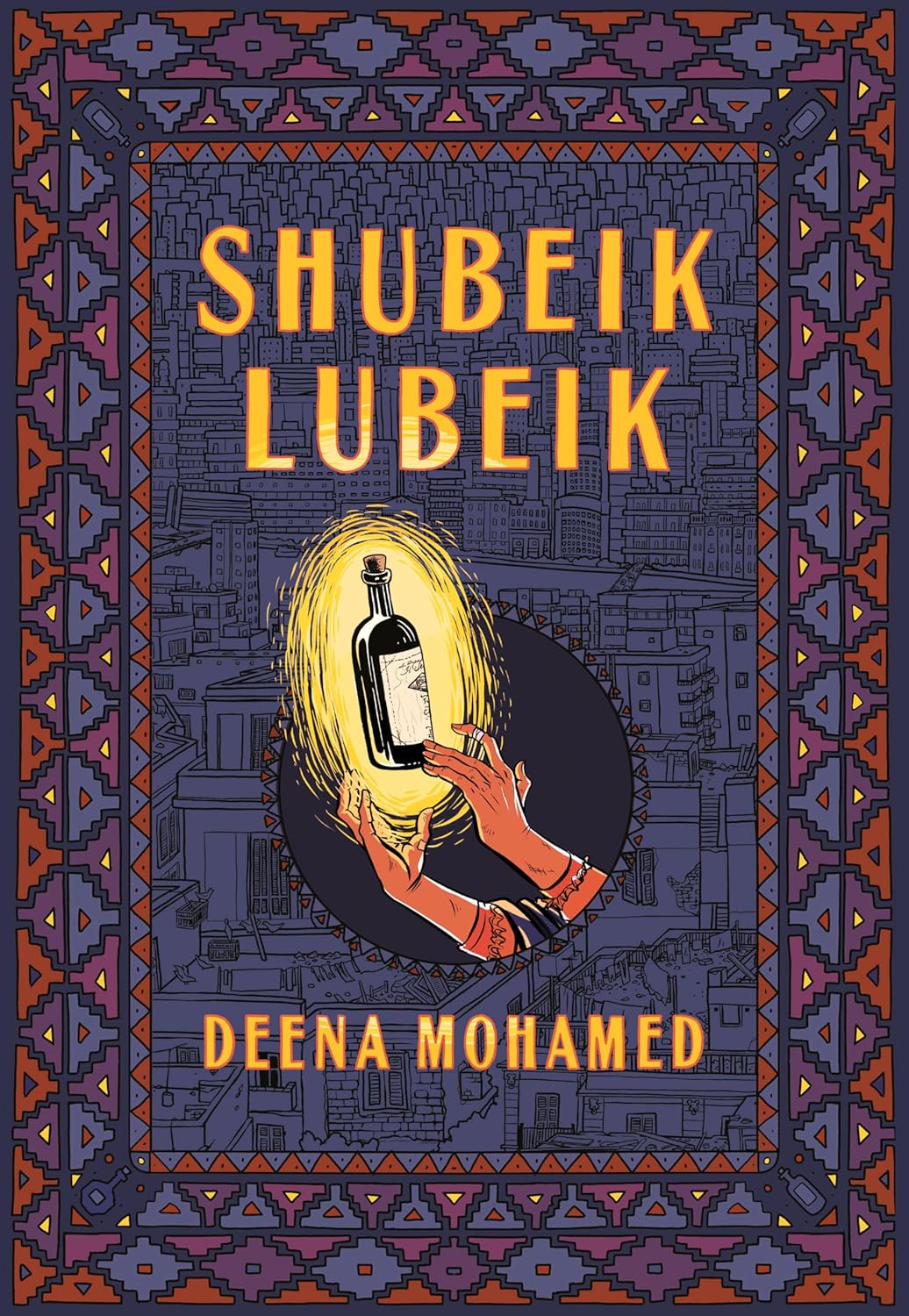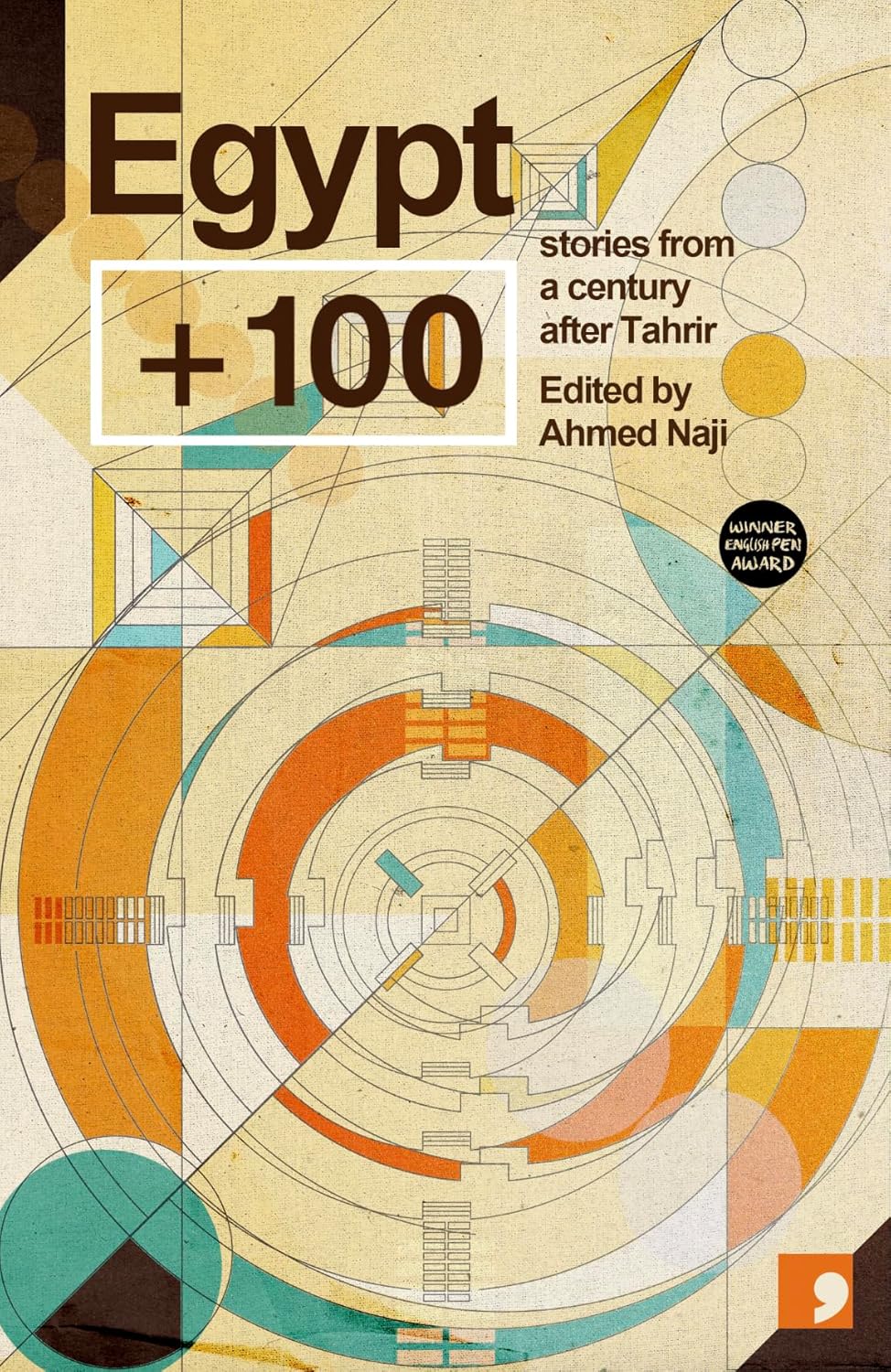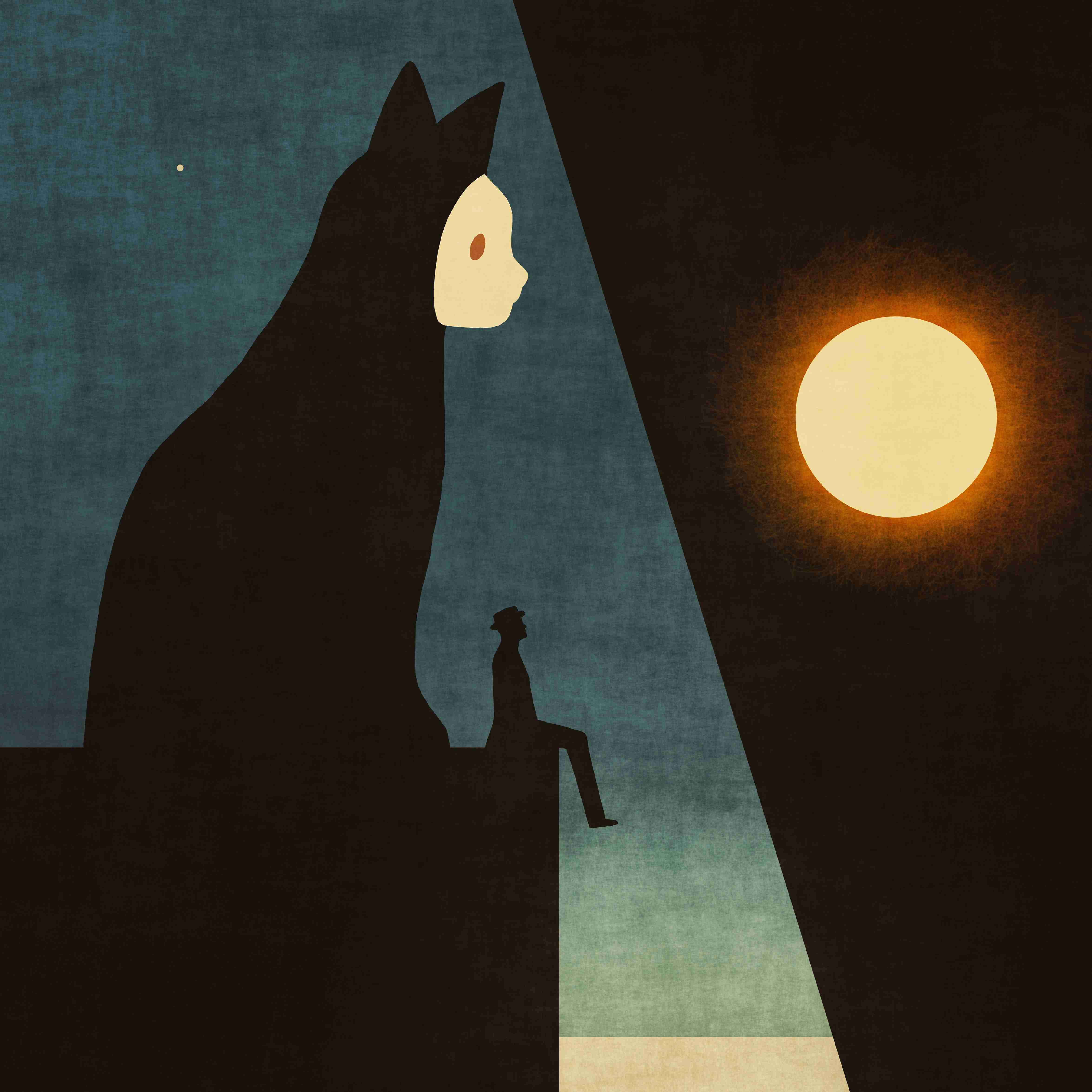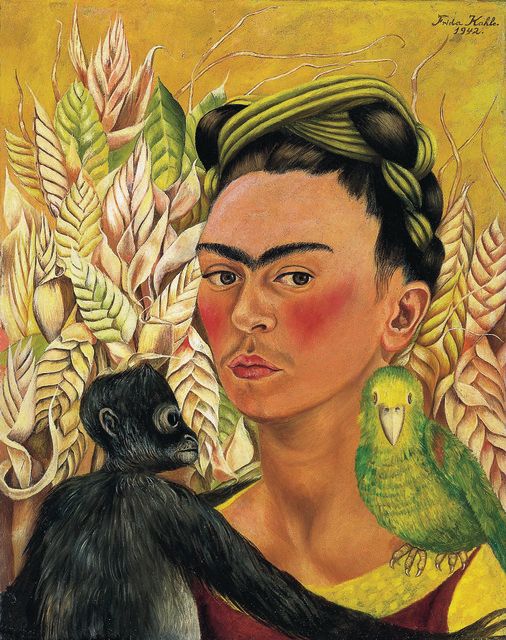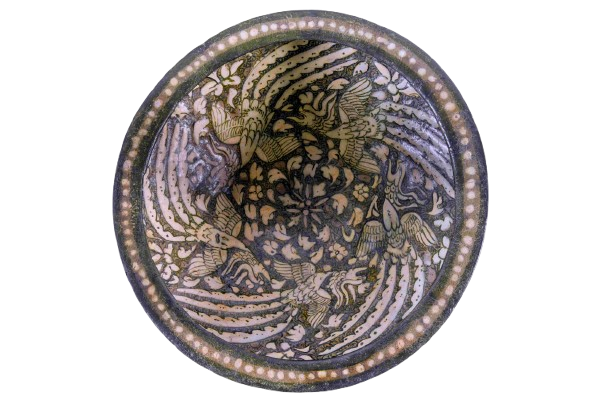Cats, Sailors, and Strange Lands: Tales of Imagination
Beautiful Book Covers: The Art of Book Covers (1820-1914) as featured in The Public Domain Review.
Be they merchants, pirates or migrants, all sailors found tales and cats so lovable and useful that they welcomed them both on board their boats, travelling with them all around the world. And so it was that versions of the Panchatantra tales, the Thousand and One Nights, and Snow White circled the globe, enchanting listeners, readers, and viewers in hundreds of languages and dialects.
Later, the fantastical was joined by the futuristic imaginings of science fiction, and later still by superhero stories, which are now among the most well-traveled of tales, thanks to heroes like Spider-Man, Sailor Moon, and Astro Boy. Although some dismiss these works as “just for children,” we believe that joy and imagination are for readers of all ages.
Join us as we launch into the air and tour the world via impossible wishes and terrifying dragons, visit underground dystopias, and experience triumph over villainy.
This fast-paced fantasy follows young Qamr into an imagined past that takes us from Palestine to Morocco, and Egypt to India, weaving together elements of Abbasid and Ottoman history.
Qamr is born in a strange, grim village where little girls—and even female animals—have mostly disappeared. After the deaths of her parents, she sets off on a wild, Ibn Battuta-esque journey around the world, in which she must escape enslavement, disguise herself as a pirate, and go to the ends of the earth to track down her missing daughter.
A book for anyone who loves the imagination.
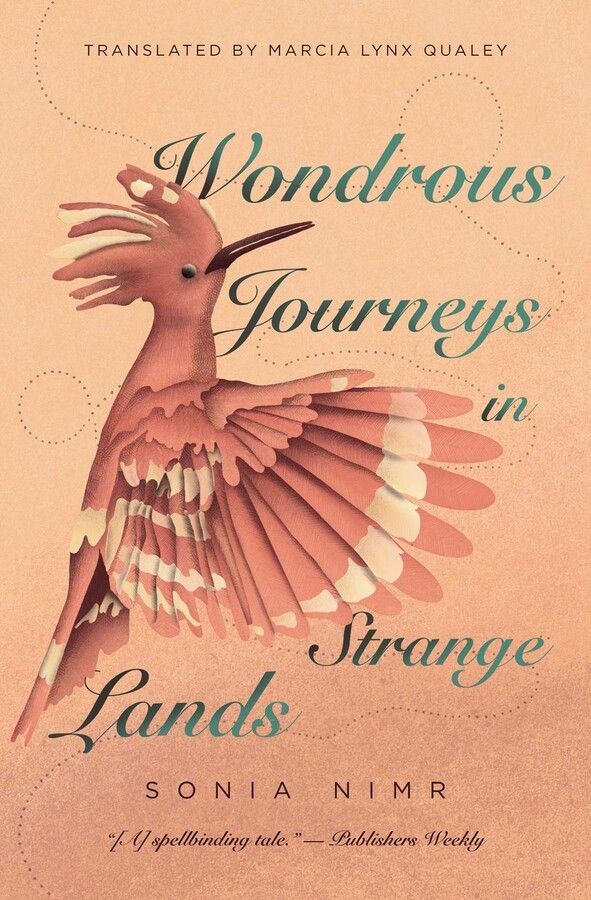
Wondrous Journeys in Strange Lands, Sonia Nimr
This is a graphic-novel trilogy set in an alternate version of Egypt where wishes are real and for sale. There are cheap wishes for the poor and reliable wishes for the rich, although none of these characters has an easy time of it.
The first book follows Aziza, who saves up for years to buy a “first class” wish, but then is accused of stealing it. The second follows Nour, an upper-class student suffering from depression, which is difficult to wish away.
In the third, we travel back in time to meet a dragon and discover parallel realities spawned by wishes. A smart delight.
This magical-realist Kuwaiti novel tells the tale of a middle-aged woman triumphing over war and injustice with the help of her trusty donkey, Good Omen.
The titular Sabiliyat is a village near the Iran-Iraq border. When the book opens, it’s 1980, and the village’s residents are being evacuated. As they trudge out of the town, Um Qasem’s husband dies and is buried along the route. While Um Qasem’s children continue into exile, she receives a vision that tells her to disinter her husband and return him to their village—a vision she and Good Omen duly obey.
This Choman Award-winning novel is set in a future Comoros Islands where most people live underground in the Hive, while only a privileged few live in the glittering city of Quartzia.
Here, a person’s status is determined by their IQ at birth, which most of the poor believe is unchangeable. However, sixteen-year-old Dalia (who grew up underground) is determined to win big at a televised math competition, which will not only free her from servitude but also prove that change is not impossible.
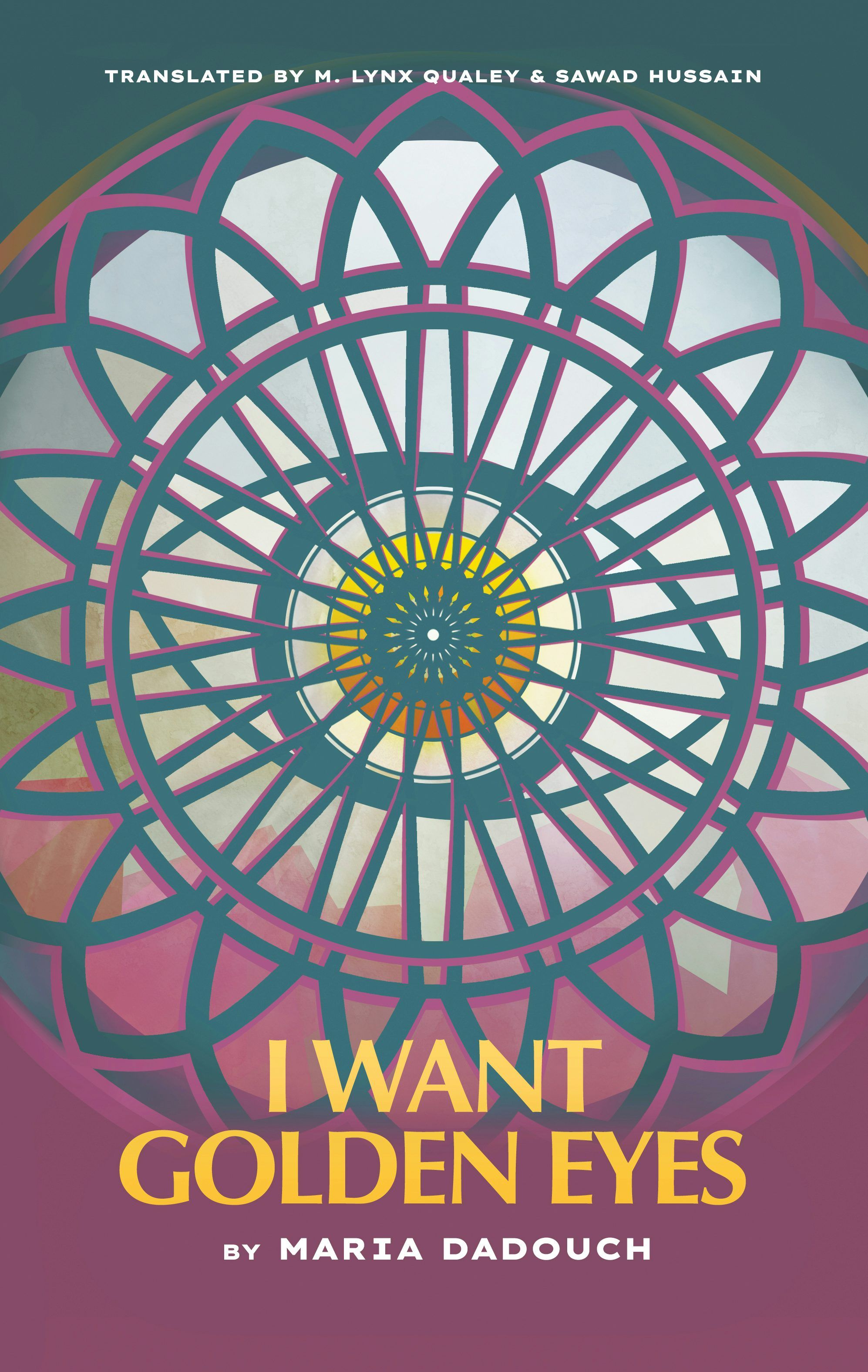
I Want Golden Eyes, Maria Daadouche, translated by M Lynx Qualey and Sawad Hussain
When the iconic Astro Boy first appeared on TV, it was the first major Japanese series made in a style that would later come to be known as anime. In the 1980s, Astro Boy was dubbed into Arabic and dozens of other languages. But the book, written and illustrated by Japanese artist Osamu Tezuka, came out in 1952, featuring a young robot boy who must fight crime and injustice with his seven superpowers.
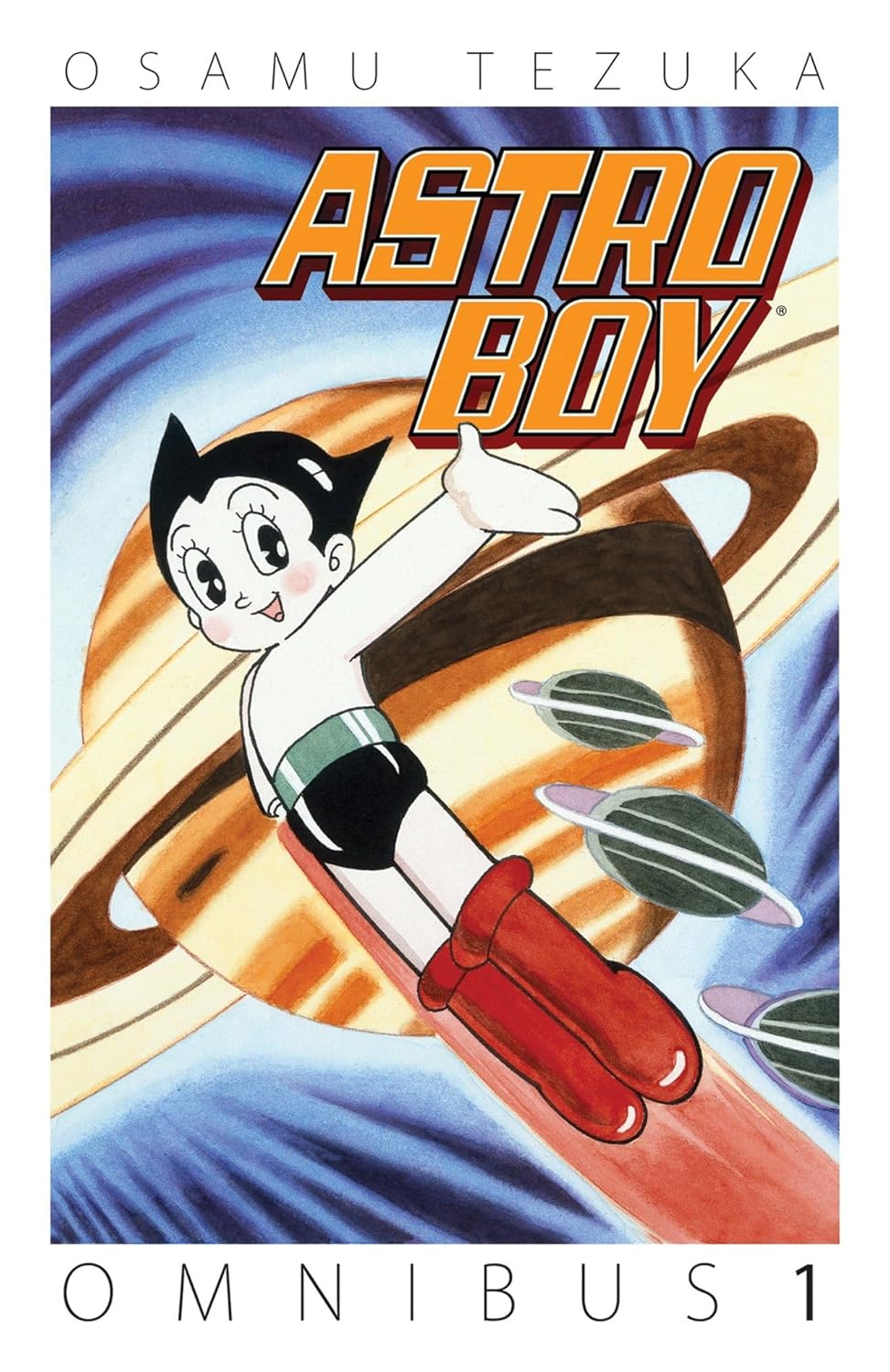
Astro Boy, written and illustrated by Osamu Tezuka, translated by Frederik L. Schodt
In this collection, twelve Egyptian authors imagine Egypt a hundred years into the future. In Nora Nagi’s oddly hopeful “Unicorn2512,” translated by Mayada Ibrahim, people live in tiny apartments, their bodies hooked up to something akin to life support, while their minds roam a virtual world, and only a few who refuse to join in remain outside. In Azza Sultan’s “The Sky Room,” translated by Elisabeth Jaquette, people live in a high-rise world of mirrors and facades, where they see nothing but reflections of themselves. Each author creates a new, possible future to consider.
To discover other creative literary works from ArabLit Quarterly, check out their FOLK issue.
To enjoy the borderless world of books, please visit Ithra library and the Arablit website.
